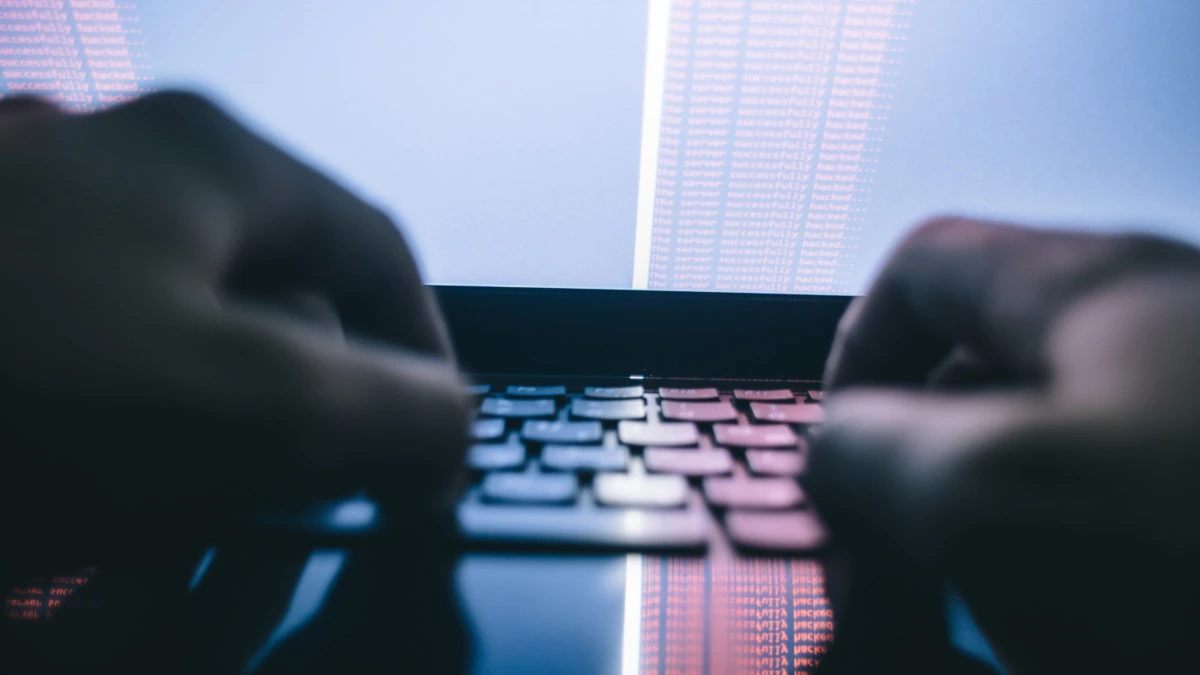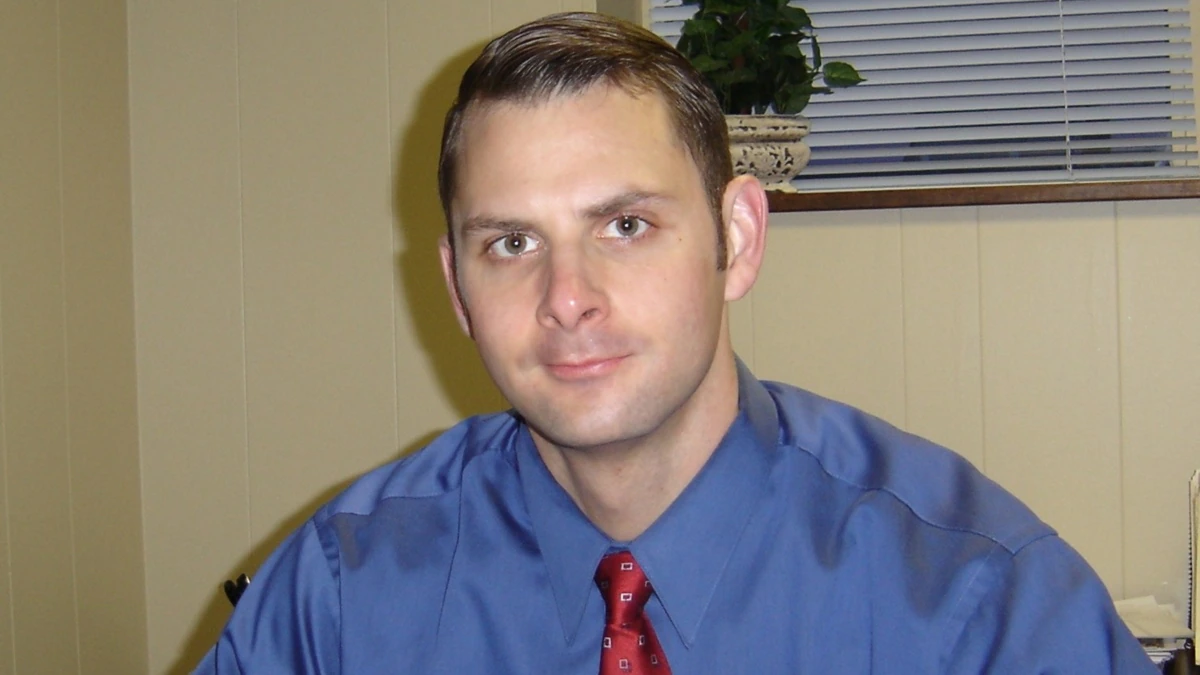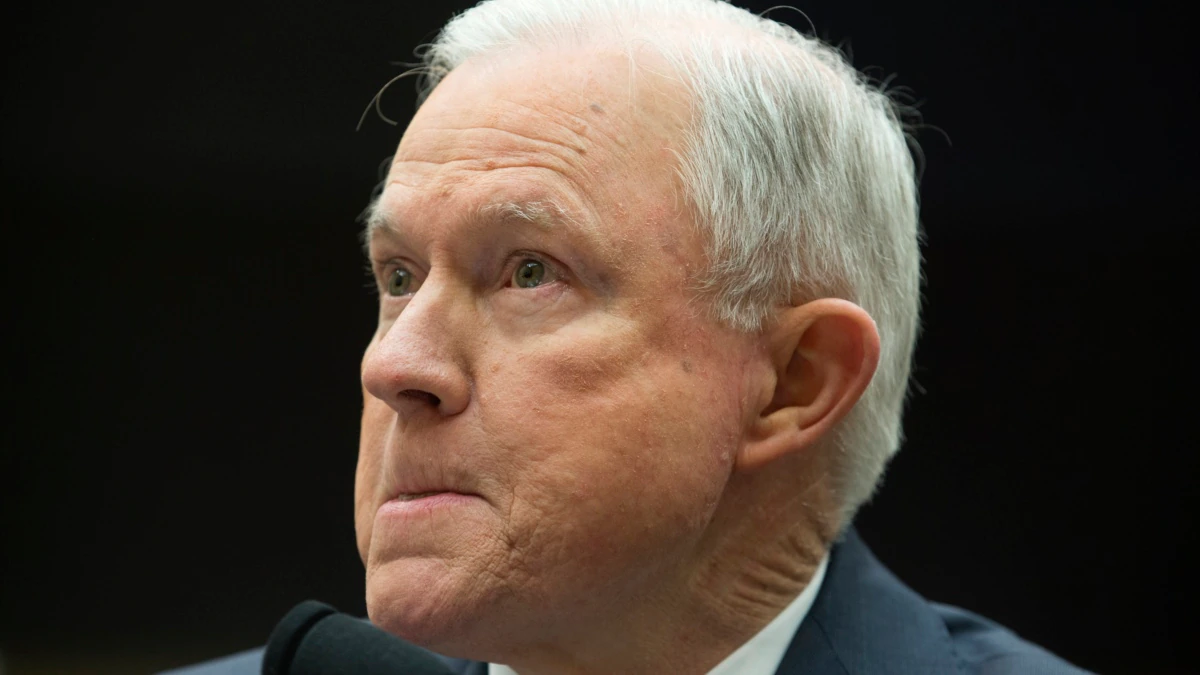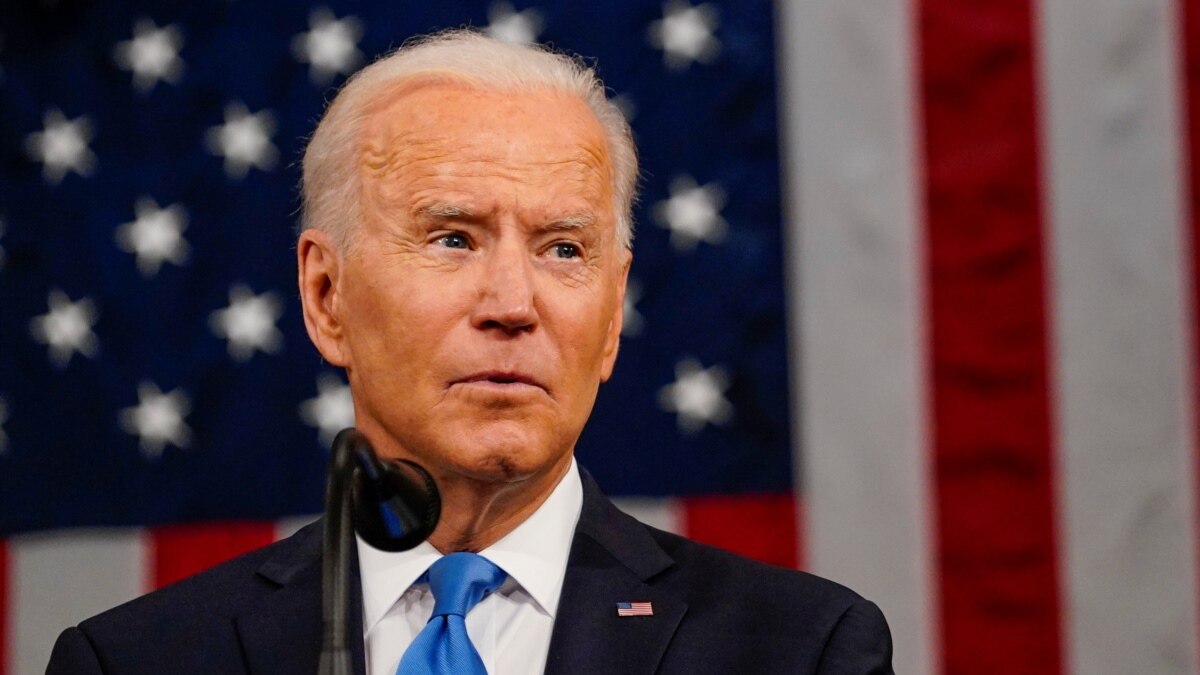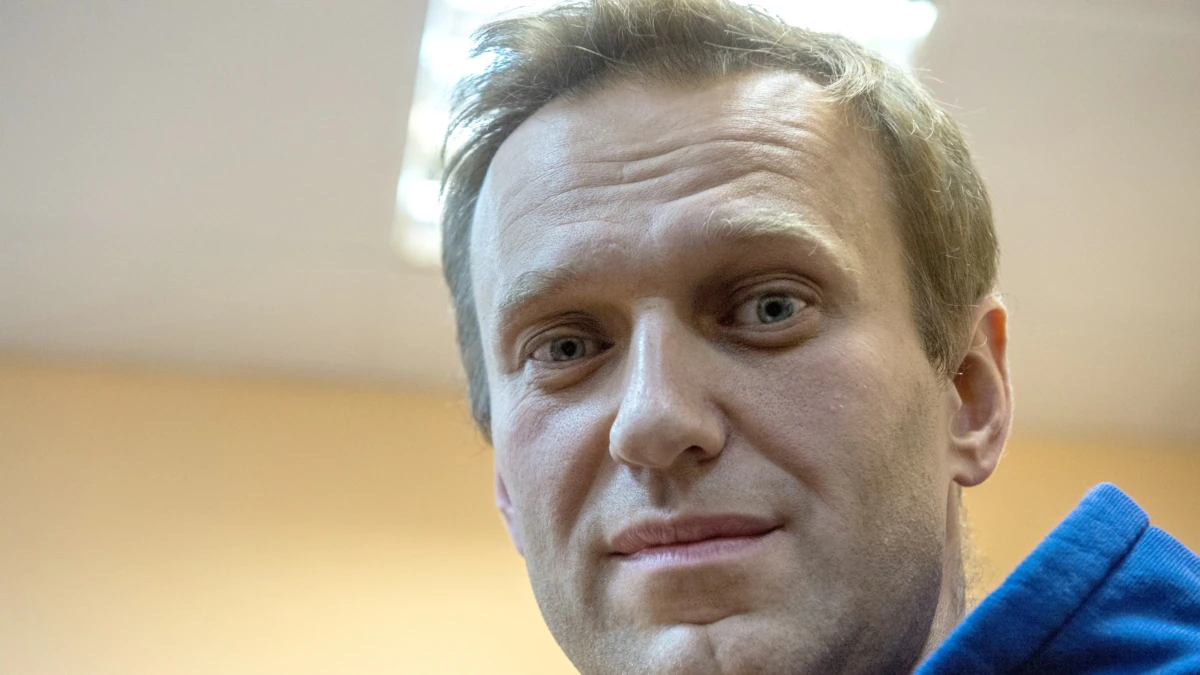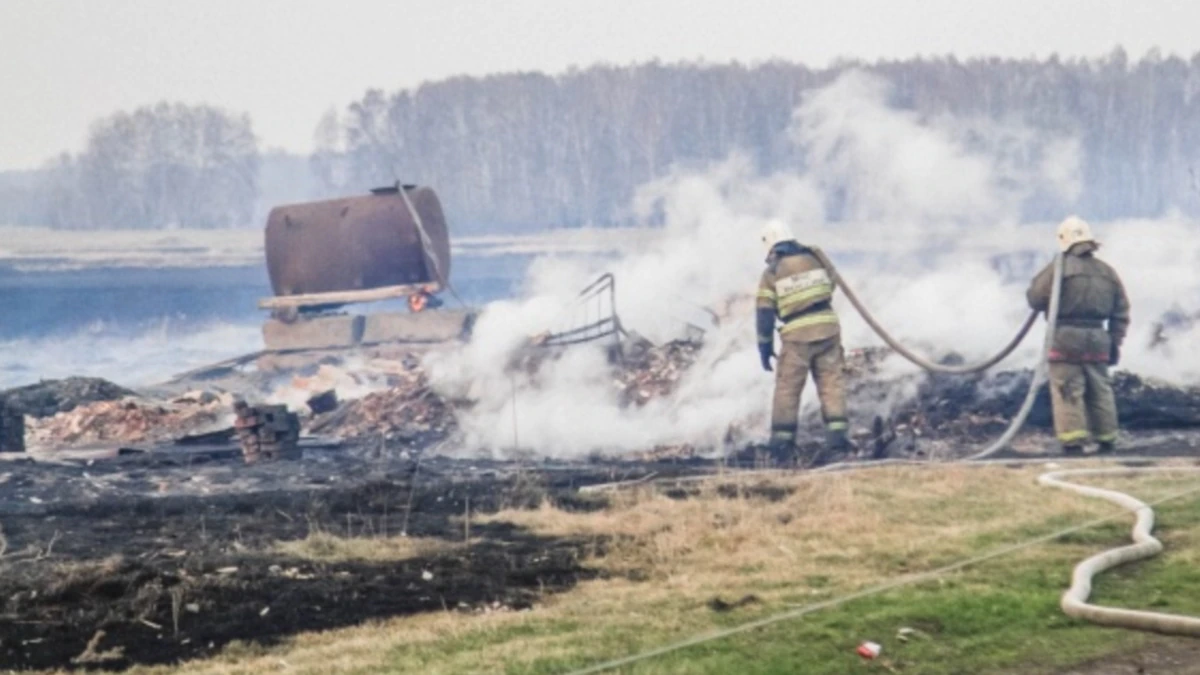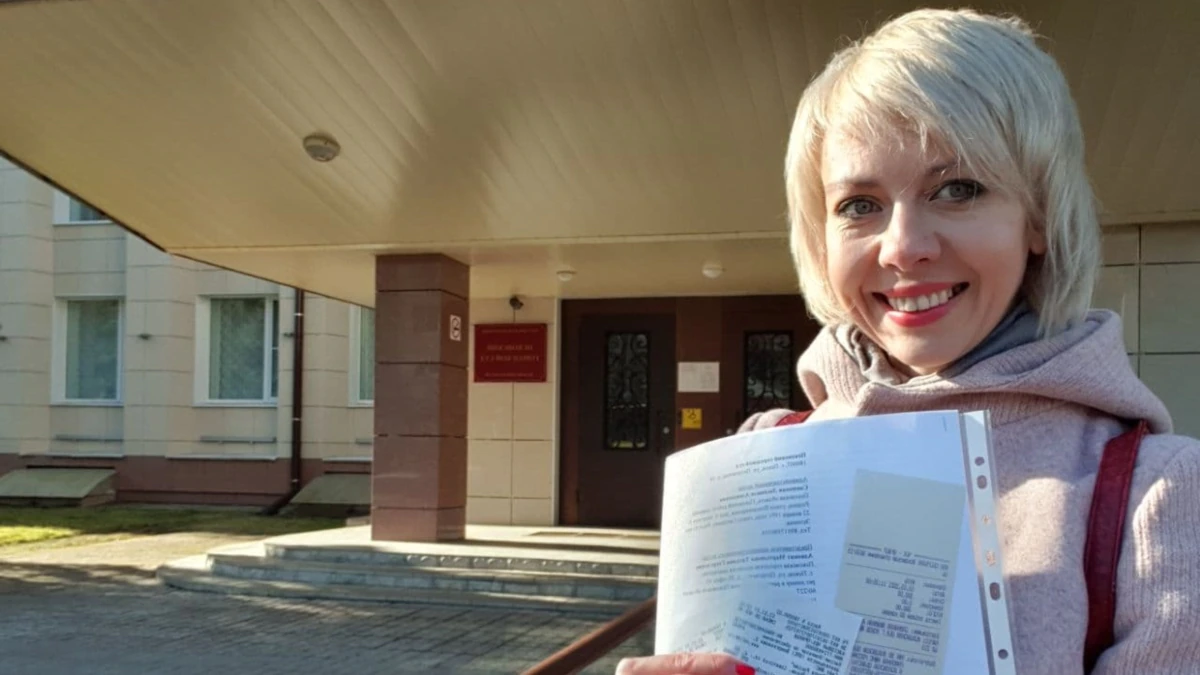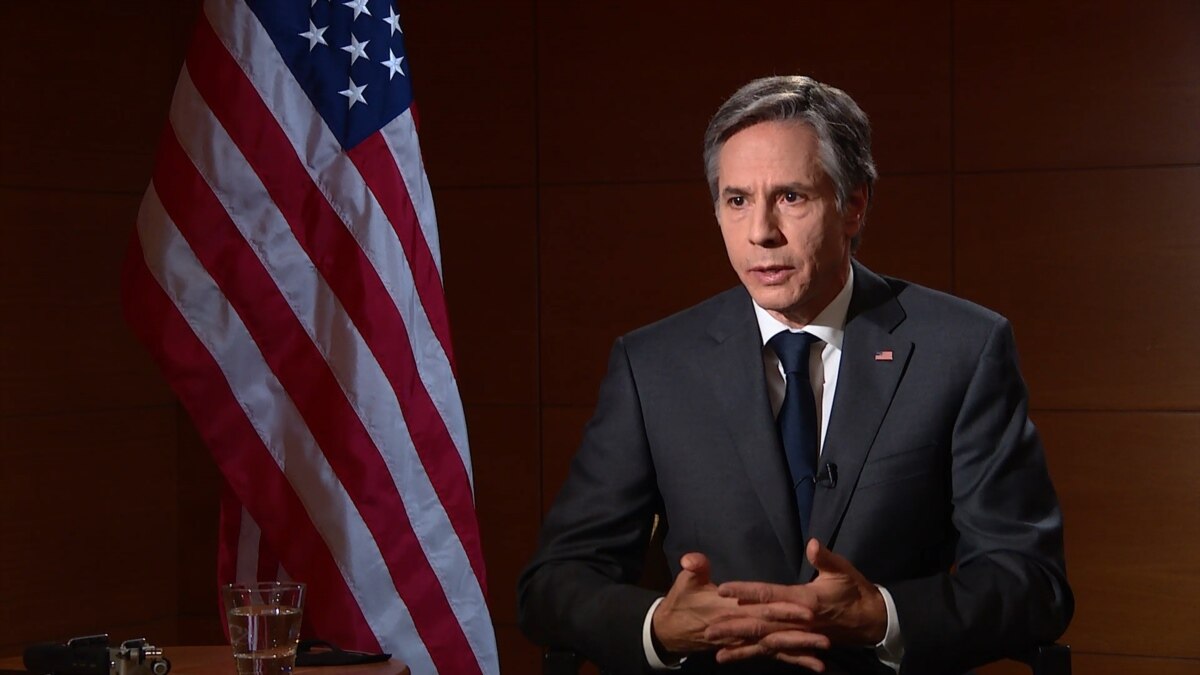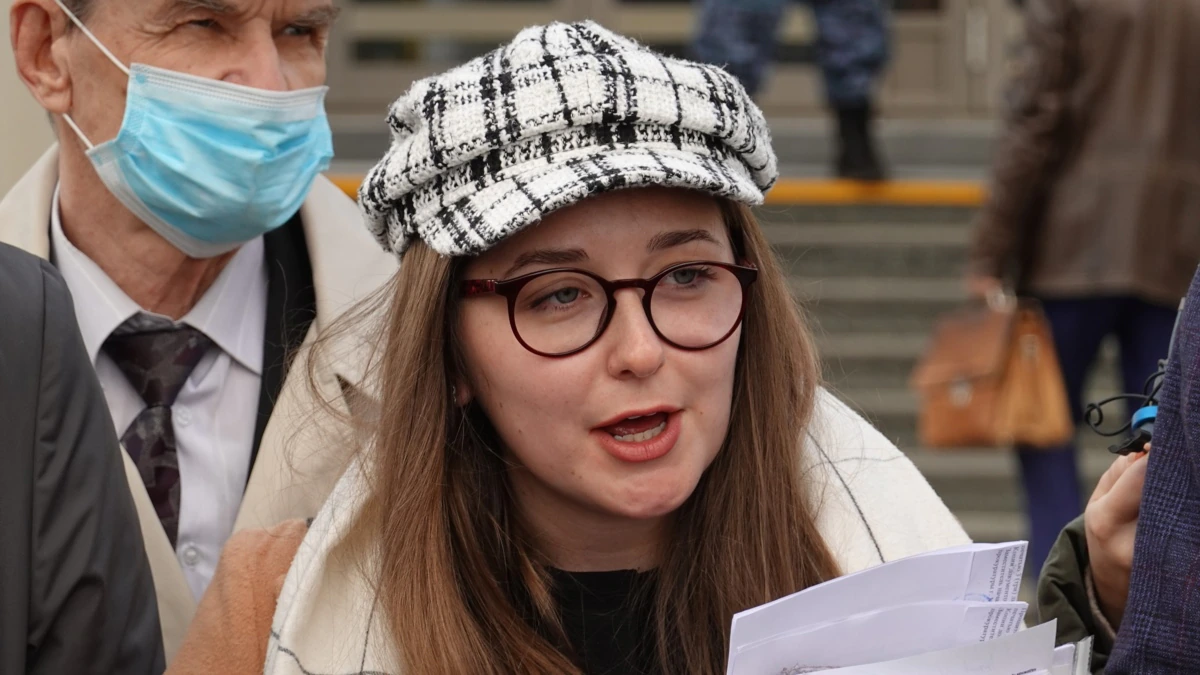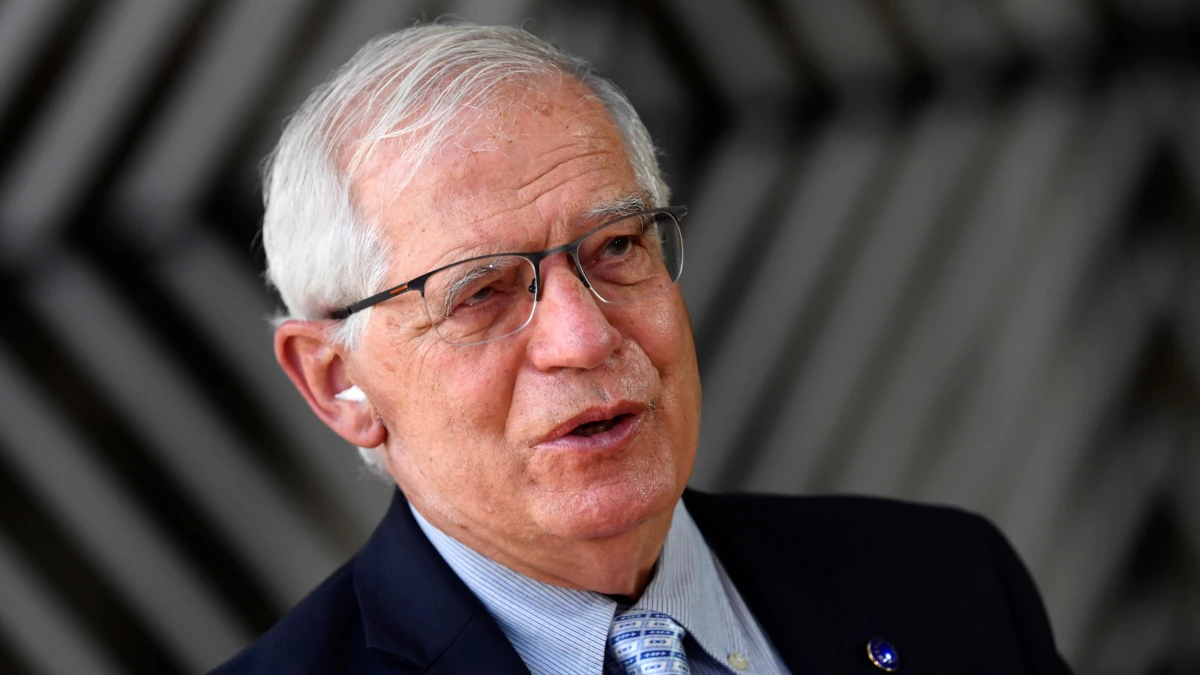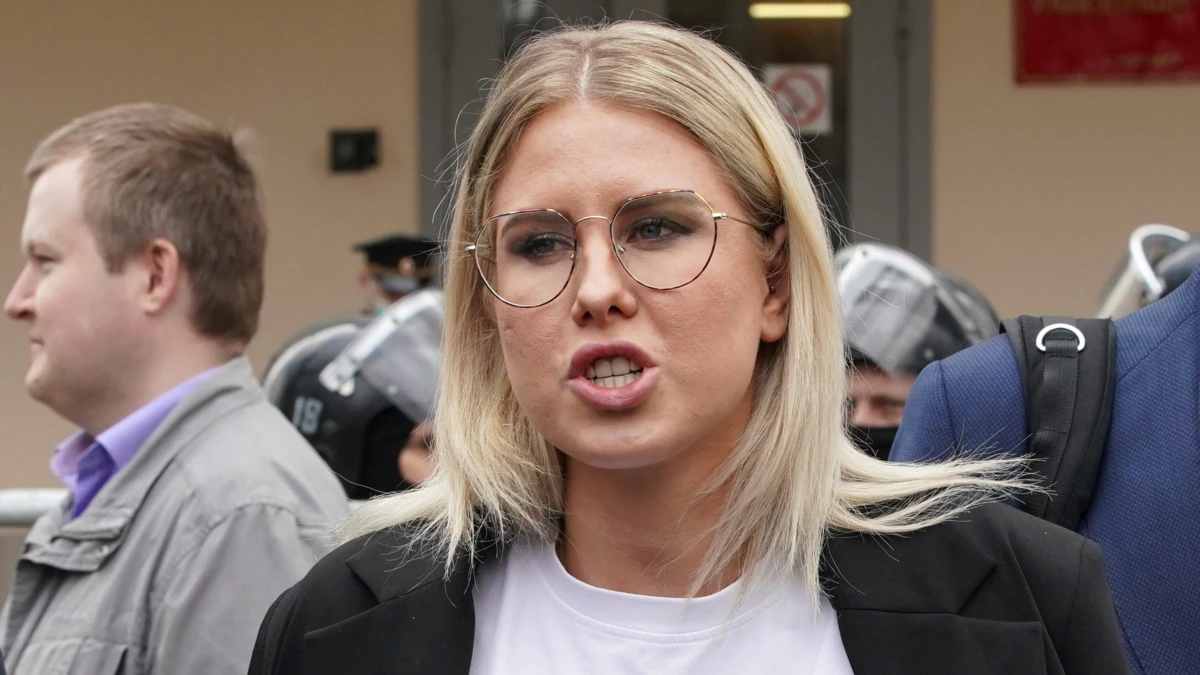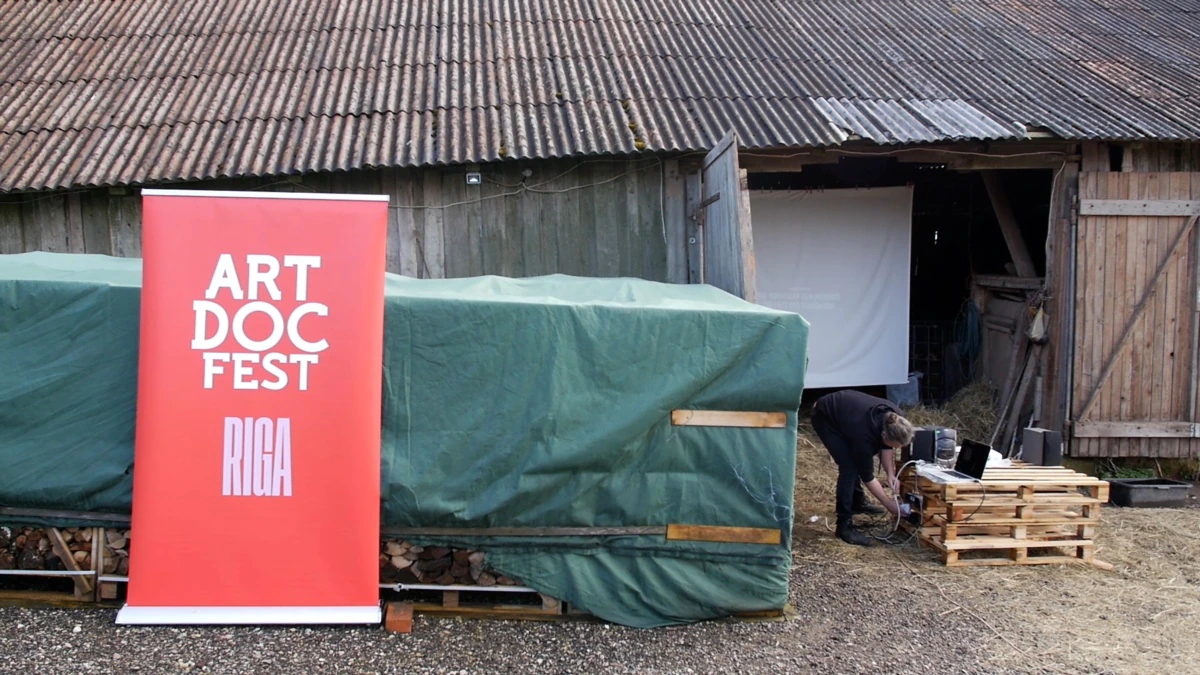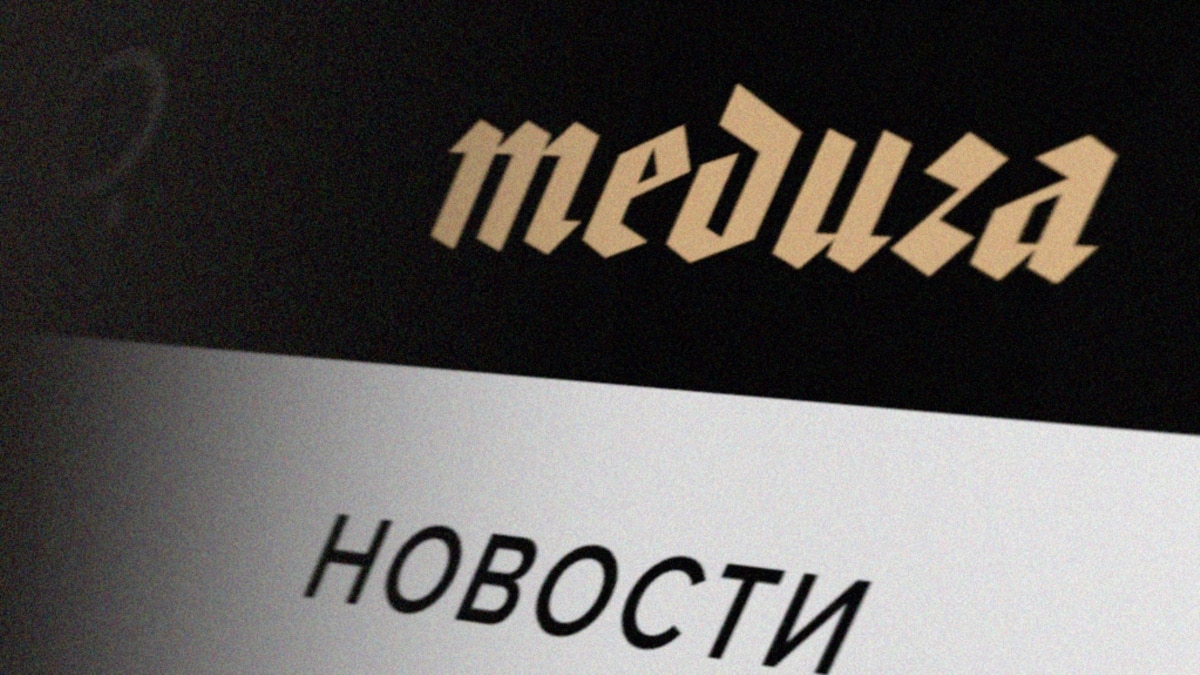Having a tattoo or an unmarried sister or an Instagram account — all of these things can count against women seeking custody of their children in Russia’s North Caucasus region, where local court decisions often reflect communities’ beliefs that children belong to the father’s side of the family.
In Muslim-majority Chechnya and Ingushetia, and to a lesser extent, Daghestan, deep-seated customs dictate that children go to the father’s side of family following a divorce. And while Russian federal law has demonstrated its preference for such children to stay with their mothers, city and district courts in the North Caucasus often go their own way in the name of tradition.
The issue is the subject of an extensive report by Current Time that tells the stories of several women struggling to wrest their children from a firmly established patriarchal system.
Nina Tseretilova’s efforts to be reunited with her three children have been thwarted for more than a year, despite the overturning of a local court’s decision to deny her custody because of her “lifestyle.”
In taking her kids away from her in July, Daghestan’s Kirovsky District Court was apparently swayed by testimony from Tseretilova’s ex-husband, Magomed Tseretilov, who argued that she had created an “unhealthy” moral and psychological environment for bringing up children.
As evidence, he presented photographs and videos from his ex-wife’s Instagram page in which she had conversations about “sex” and unconventional relations, and the court record noted that tattoos were visible on her body.
Tseretilova’s underage children, meanwhile, testified that she had hosted parties at which young people had smoked and consumed alcohol. The court was shown a music video by the Dagestani group Duet 11 in which Tseretilova plays a prominent role.
For her part, Tseretilova testified that she had married her ex-husband when she was 18 and that from the beginning he periodically beat her. She said she left him after he beat her while she was pregnant with their third child.
The court, taking into account the established traditions of Russia and of the Republic of Daghestan, determined that Tseretilova led a lifestyle “that does not correspond to the behavioral norms and rules of the majority,” and granted custody to her ex-husband.
Tseretilova, who tells Current Time that her ex-husband had “decided to punish” her after she pursued payment of alimony following their divorce in 2016, took the case to Daghestan’s Supreme Court.
But even though the high court ruled in her favor in March, her children have still not been handed over.
Zhanetta Tukhayeva has been working to get her eldest son back in an ordeal she says began seven years ago when her ex-husband, Ruslan Ibayev, kidnapped the boy for the first time, leaving their younger son with her only because she was still breastfeeding him.
In March 2020, the Leninsky District Court in the Chechen capital of Grozny ruled in favor of Ibayev, saying that both the couple’s sons should live with their father and that her parental rights be limited.
Ibayev’s argument in the case he initiated against Tukhayeva stressed the importance of “adats” — customary practices observed by Muslims in the North Caucasus — and cited her “divorced sisters” and “silicone lips” among reasons to deny her custody.
In its ruling, the court noted that Ibayev was an attentive father whose “social behavior was “completely based on the norms of Islam and Chechen traditions.”
It also backed Ibayev’s complaint about comments Tukhayeva made on Instagram in which she criticized the court proceedings as “laughable.” She wrote that her religious beliefs prevented her from getting any cosmetic procedures and accused her husband “of slinging mud and trying to intimidate her.”
The court, saying the post “shows what kind of person she is,” ordered her to delete her account.
The decisions were completely overturned just four months later by the Chechen Supreme Court, and Ibayev’s petition to appeal was denied. But Tukhayeva still has not been reunited with her eldest son and does not know where he lives.
Russian Islamic scholar Akhmet Yarlykapov explained that tradition- and religion-bound beliefs influence North Caucasus communities’ views on custody issues, particularly those involving women who married outside their clan.
“Following a divorce, the woman leaves for her father’s house, leaves for that clan. The children are considered to belong to the family of their father and, accordingly, remain in his family,” Yarlykapov told Current Time, the Russian-language network overseen by RFE/RL in cooperation with VOA. “With the grandmother, with an uncle, with anyone — but on the father’s side.”
In custody disputes, the influence of Shari’a law often leads the local court to side with the father’s family, according to Yarlykapov.
Olga Gnezdilova, a lawyer for the Legal Initiative project, which helps people file cases with the European Court of Human Rights (ECHR), said that in these cases it is common for local courts to scrutinize the “moral character” of the mother.
Gnezdilova says her organization has taken on many such cases from the North Caucasus. She highlighted multiple instances in which the fathers had died, yet local courts awarded custody to the deceased male’s families.
The lawyer added that Russian courts, referring to the 1959 UN Declaration on the Rights of the Child, have repeatedly enforced the declaration’s article stating that young children should not be separated from their mothers except in exceptional circumstances.
But while Russia does not officially recognize Shari’a law or adats, in practice Islamic law and tradition often compete against Russian secular law in the North Caucasus.
Gnezdilova said that while “regional judges have no legal basis to rely on in such decisions, they know that the Supreme Court of the Russian Federation does not like to review decisions about family disputes in the North Caucasus.”
She says that in some cases Russian judicial authorities have effectively upheld decisions by lower courts in the North Caucasus to deny the mother custody in favor of the father’s family.
In one example, Luiza Tapayeva’s four daughters were taken away by her husband’s family in Chechnya after his death in 2015. When she sued for custody, claiming that her four daughters had been kidnapped by their grandfather, the Urus-Martan city court decided the children should remain with the grandfather.
To the Legal Initiative’s surprise, Gnezdilova said, “the Supreme Court of Russia upheld this decision, even though the parents have a priority right in the upbringing of their children.”
The Russian government has been obligated in such cases to argue at the ECHR that the mothers’ rights had not been violated by the courts’ reliance on local customs.
“If the Russian authorities in an international court argue that the mother’s rights were not violated by deferring to tradition,” Gnezdilova asked, “then what can we expect from district judges?”
RFE/RL senior correspondent Michael Scollon contributed to this report
This post was originally published on Radio Free.



